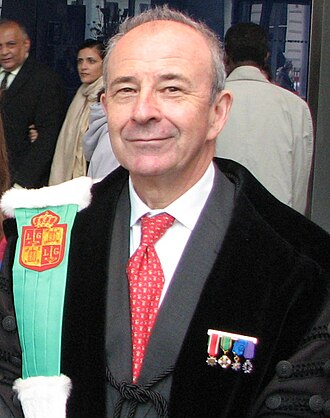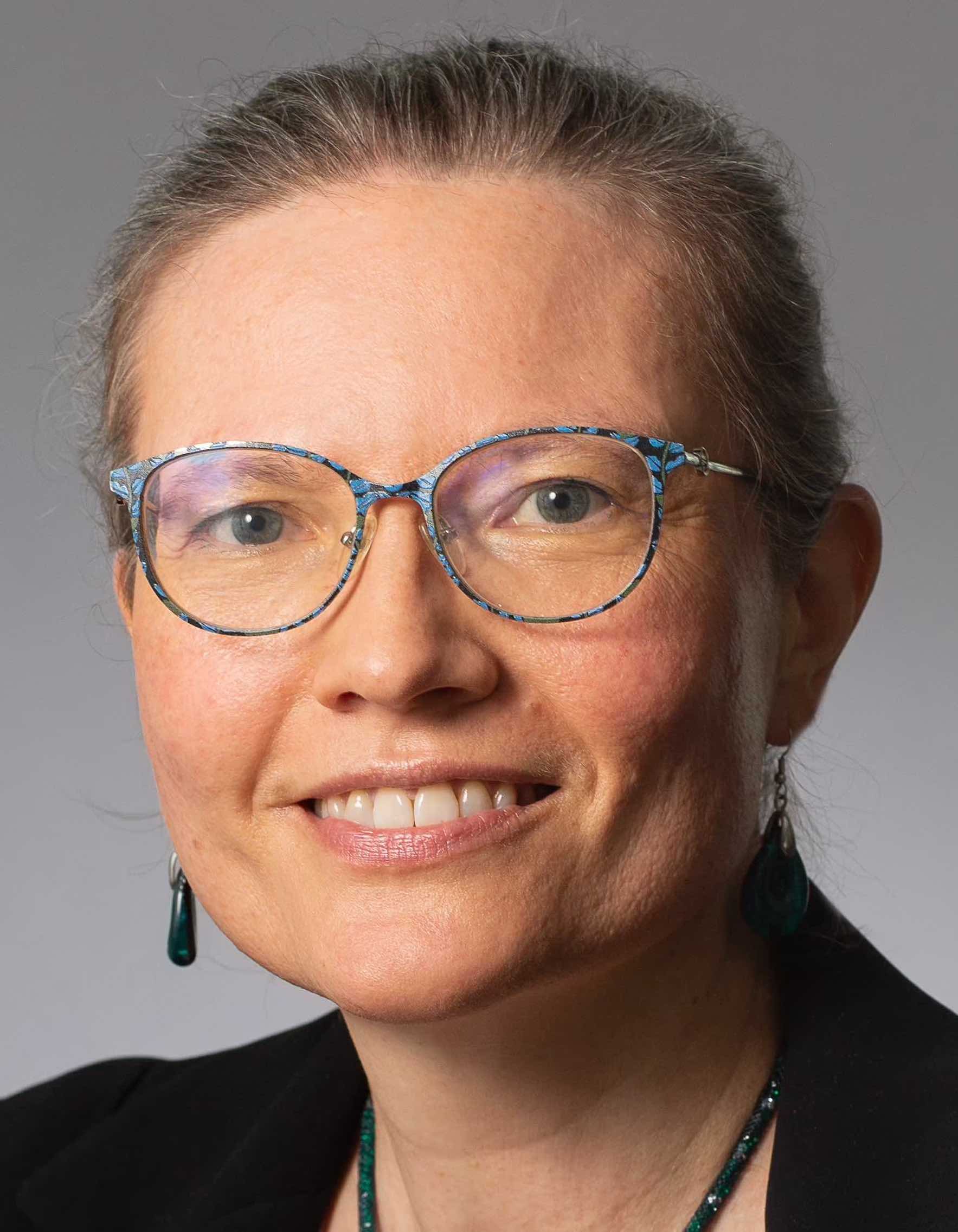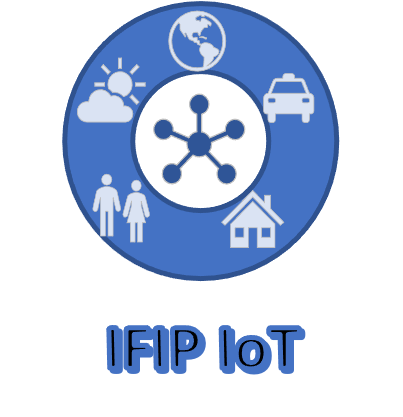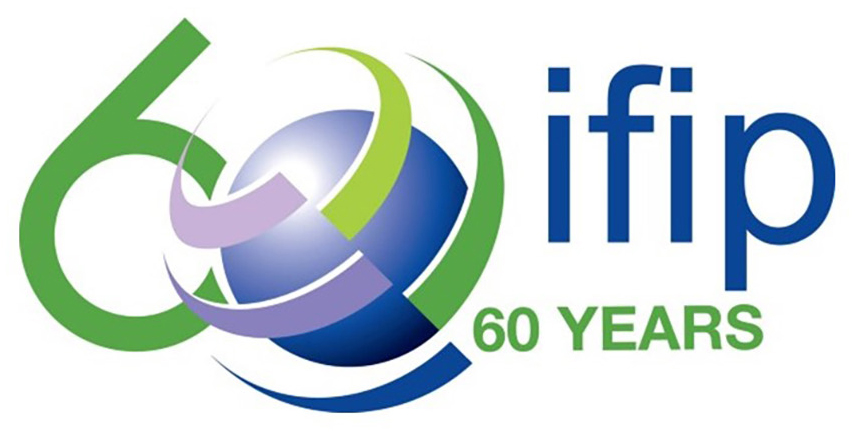Thursday, November 7
Professor Erol Gelenbe, Polish Academy of Sciences
Title : AI Detects and Mitigates Cyber-Attacks
Abstract:
While simple cyberattacks can impair the operation and performance of network systems substantially for many hours and sometimes days, and also increase system energy consumption, they also impact data security and privacy, and create unpredictable effects through the malware that they convey.
Thus the need for accurate cyberattack detection, and the ability to react rapidly to mitigate attacks are a major research and development topic. Our presentation will introduce the subject, and show recent results that are based on the Random Neural Network (RNN).
The mathematical model will be described, its deep learning algorithms will be presented for cyberattack detection, and practical applications will be illustrated with real cyberattack datasets, showing the and low false alarm rates that can be achieved. Experiments with active cyberattack mitigation schemes will also be presented.
Note: This talk is based on the speaker’s publications in several journals and conferences, namely Proceedings of the IEEE (2020), IEEE Transactions on Forensics and Security (2024), Sensors (2021, 2023, 2024), ACM SIGCOMM Flexnets (2021), ICC (2016, 2022), IEEE Access (2022, 2023), IEEE TRUSTCOM’23, IEEE MASCOTS’23, Performance Evaluation (2022, 2023, 2024).
Bio:
Erol Gelenbe FIEEE FACM FIFIP is Professor at the Institute of Theoretical & Applied Informatics, Polish Academy of Sciences, Associated with CNRS I3S Laboratory, University Côte d’Azur, Nice, France, Visiting Professor at King’s College London, and cooperates on research with the and Yasar University (Izmir, Turkey).
His research focuses on QoS, Security and Energy, and is funded by the EU, UKRI and Industry. He was supported by DoD and NSF in the USA, EPSRC and MoD in the UK, and numerous EU FP5, FP6, FP7, and Horizon projects since 2003.
His current work is funded by EU Horizon and UKRI. Ranked among the top 25 PhD advisors by the American Mathematical Society Math. Genealogy Project, he won the Grand Prix France Telecom 1996 (French Academy of Sciences), the ACM SIGMETRICS 2008 Life-Time Award, the 2008 Imperial College Rector's Research Award, the 2010 IET Oliver Lodge Medal (IET Innovation Award for Information Technology), and the Mustafa Prize 2017.

Erol Gelenbe [Wikipedia]

Maryline Laurent [HomePage]
Professor Maryline Laurent, Télécom SudParis, Institut Polytechnique de Paris
Title : Privacy in the IoT: Evolution and Expectations.
Abstract:
Faced with the need to track the activity of objects, manage them flexibly and securely, detect anomalies and make the best possible economic use of the data collected, it is imperative to preserve privacy in the IoT environment.
The presentation will identify the scientific challenges of IoT privacy with categories of solutions, and will then identify several emerging research topics in support of privacy preservation in the IOT.
Bio:
Maryline Laurent, PhD, works as a Full Professor at Télécom SudParis, Institut Polytechnique de Paris, France.
She is head of the networks and cybersecurity department at Télécom SudParis and co-founder of the Institut Mines-Télécom's "Values and policies of personal data" chair. She represents France on the IFIP TC11 committee on security and privacy.
Her research focuses on cybersecurity and privacy, with a particular emphasis on privacy-enhancing technologies (PETs), for digital identity management services, the Internet of Things and cloud environments.
Friday, November 8
Professor Bernard P. Zeigler, University of Arizona
Title : DEVS as a language for IoT System Design.
Abstract:
As IoT applications evolve toward greater capability, the requirements for adaptive behaviors become more salient.
Complex adaptive system concepts have been around for some time at the theory level but their translations into feasible operational IoT-enabled systems are still emerging.
Modeling and simulation is a necessary methodology in such system construction both for pre-fielding verification and for transfer from design to implementation.
The Discrete Event System Specification (DEVS) formalism can well support bottom-up component-based, modular construction of models, and dynamic changes in the structure to enable adaptive behavior.
In this talk, we show how DEVS hierarchical modular dynamic structure models can express the individual component behaviors in the adaptive system at the micro level and can reflect the resulting behaviors and structural changes at the macro level.
Applications to enterprise and healthcare domains will serve as illustrations.
Bio:
Bernard P. Zeigler is a Canadian-born engineer, and Professor Emeritus of Electrical and Computer Engineering at the University of Arizona.
Zeigler is a notable figure in the field of advanced modelling and simulation, known for inventing Discrete Event System Specification (DEVS) in 1976.
Zeigler is also Chief Scientist at RTSync, a company with expertise in the commercial applications of DEVS, and specializations in Model-Based System Engineering (MSBE), Predictive Analytics, and Machine Learning technology.
![Bernard P. Zeigler [Wikipedia]](images/BernardPZeigler.jpg)
Bernard P. Zeigler [Wikipedia]

